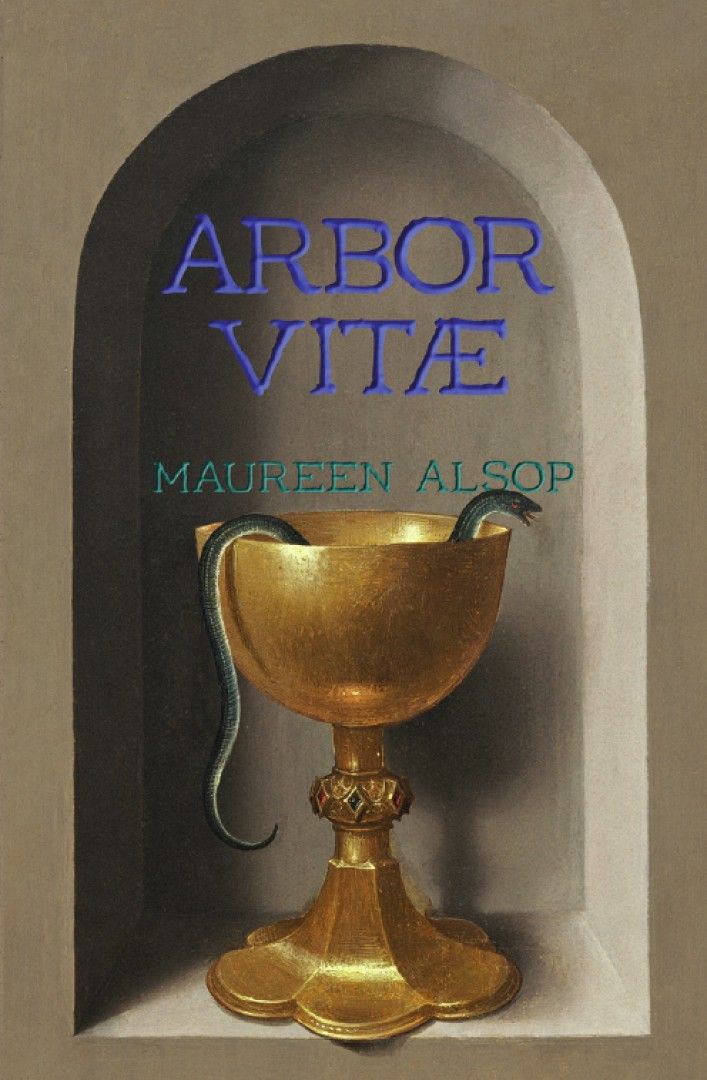Arbor Vitae
Love is the elixir which heals. Love offers dignity and connection and allows room for the most potent and challenging of reparations: forgiveness. Like a double exposed photograph, the language in Arbor Vitae, “the tree of life,” offers a delicate ribboning of shifting perspectives. The narration is activated as witness, as consciousness observed, and trespasses “a bare view” of a multilayered landscape. Here, a pensive topography of solitude and loss unfolds. The book-length pastoral poem seeks accountability and compassion for institutional and political trauma. Recent and historic human rights abuses merge to encompass a devastation which imprints the collective psyche. The scenery, the source, as where Whitman writes “the smallest sprout… goes onward and outward, nothing collapses”—Arbor Vitae, in dream state, from shores of Guantanamo to the unfiltered “sun burnished pines” of multi-continental holocaust, seeks hope, seeks language as a branch or a sapling that might break through the asphalt. In reparation over the disgrace for human rights abuses, voices merge in a textural elegiac, for what might lift upward—leaves harnessed toward that one push into a great light.
“Love within war, that radical but necessary possibility for survival, and Maureen Alsop tells us, ‘We would start from what rescue held in us—.’ She is a poet of origins and keen language and I deeply admire how genesis abounds in each new work.” — Mark Irwin
